A healthy scalp is the foundation of vibrant, strong hair. Yet, it’s often overlooked in our beauty routines. Scalp treatment, an essential but sometimes neglected step, can be the key to unlocking the full potential of your hair’s health and appearance. This article delves into the critical aspects of scalp care, shedding light on why it’s vital and how you can incorporate effective treatments into your regimen. Whether you’re battling dryness, oiliness, or seeking to enhance hair growth, understanding scalp treatment is your first step towards achieving your hair goals.
Table of Contents:
– The importance of scalp health
– Types of scalp treatments
– How to choose the right scalp treatment
– DIY scalp treatment recipes
– Maintaining scalp health
The importance of scalp health:
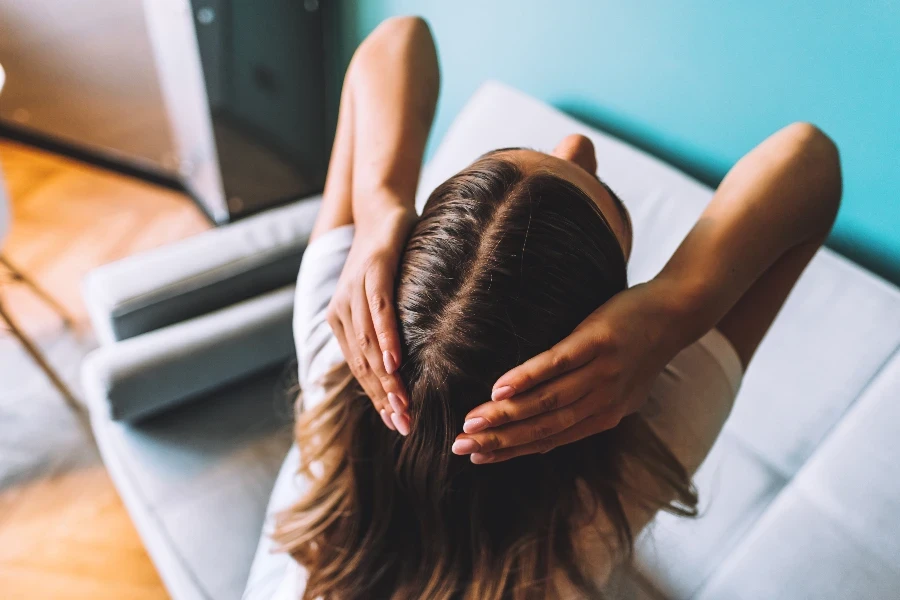
A healthy scalp is like fertile soil for plants; it’s essential for hair growth and health. The scalp contains hair follicles, which are the roots from which your hair grows. An unhealthy scalp can lead to several problems, including dandruff, psoriasis, and even hair loss. Moreover, product buildup and environmental pollutants can further exacerbate scalp issues. Understanding the significance of scalp health is the first step towards nurturing and maintaining a healthy head of hair.
Types of scalp treatments:
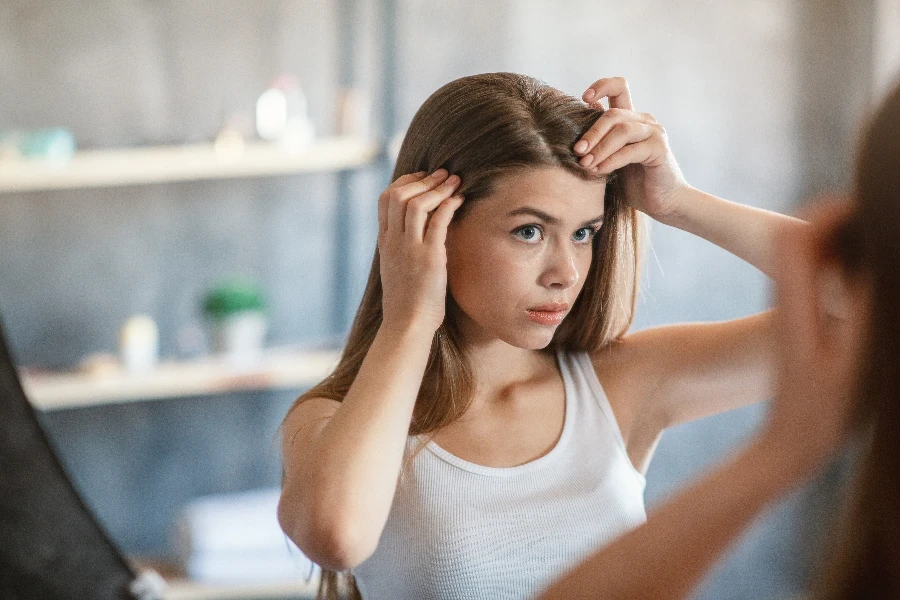
Scalp treatments vary widely, catering to different needs and conditions. Hydrating treatments are ideal for dry, itchy scalps, providing much-needed moisture. For those with an oily scalp, clarifying treatments can remove excess oil and product buildup. There are also treatments aimed at stimulating hair growth by nourishing the hair follicles. Each type of treatment addresses specific scalp conditions, making it crucial to choose one that aligns with your scalp’s needs.
How to choose the right scalp treatment:
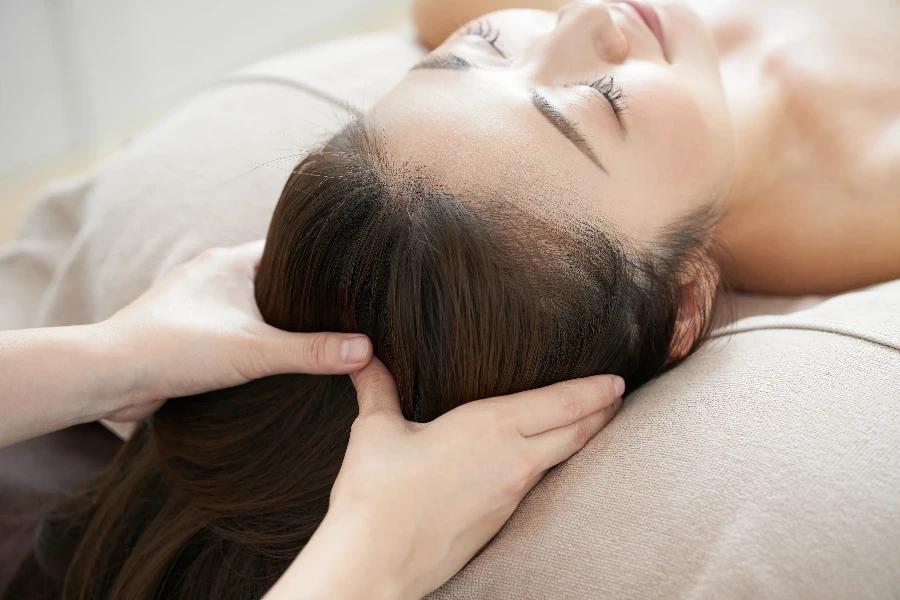
Selecting the appropriate scalp treatment requires understanding your scalp’s condition. It’s essential to identify whether your scalp is dry, oily, or if you’re experiencing issues like dandruff or sensitivity. Consulting with a dermatologist or a trichologist can provide insights into your scalp’s health and guide you in choosing a treatment. Additionally, consider the ingredients in scalp treatments. Natural ingredients like tea tree oil, peppermint, and aloe vera are known for their soothing and healing properties.
DIY scalp treatment recipes:
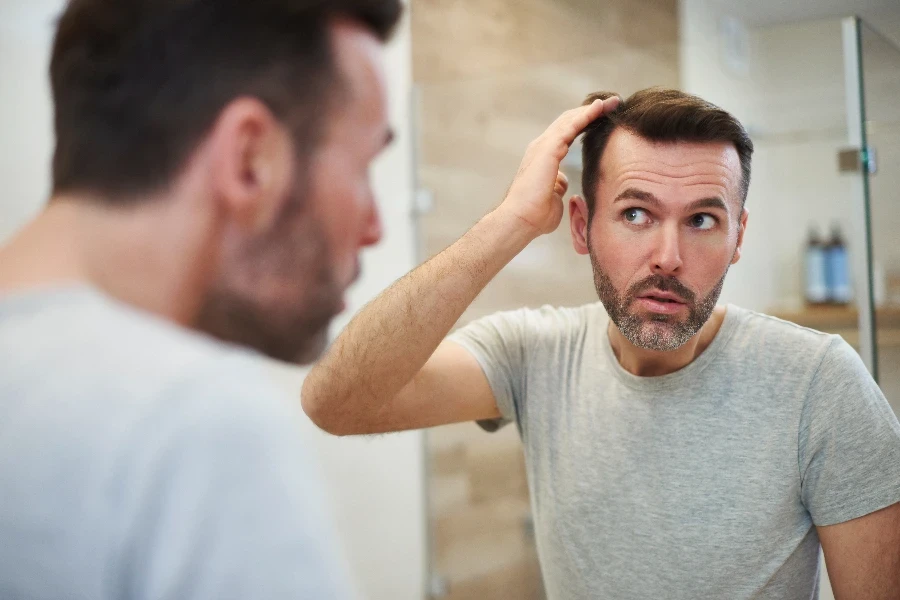
For those who prefer a more natural approach, DIY scalp treatments can be effective and economical. One simple recipe involves mixing coconut oil with essential oils like rosemary or lavender for a hydrating treatment. Another involves a scalp scrub made from sugar and olive oil, perfect for exfoliating and removing buildup. These homemade treatments can be tailored to your scalp’s specific needs, offering a personalized solution to scalp care.
Maintaining scalp health:
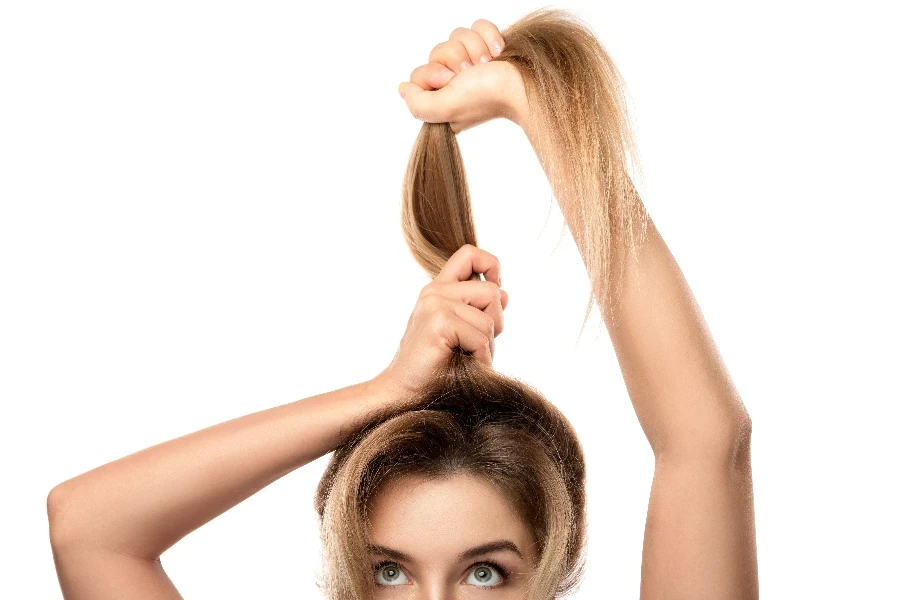
Beyond treatments, maintaining scalp health involves a holistic approach. A balanced diet, rich in vitamins and minerals, supports scalp and hair health. Regularly washing your hair with a gentle shampoo prevents buildup, while avoiding excessive heat styling protects the scalp and hair from damage. Additionally, practicing stress-reduction techniques can positively impact your scalp health, as stress is a known factor in hair and scalp issues.
Conclusion:
Scalp treatment is not just an act of self-care; it’s a crucial step in ensuring the health and beauty of your hair. By understanding the importance of scalp health, choosing the right treatment, and incorporating maintenance practices into your routine, you can foster a healthy scalp. Remember, a healthy scalp is the root of beautiful hair, and with the right care, you can achieve both.




